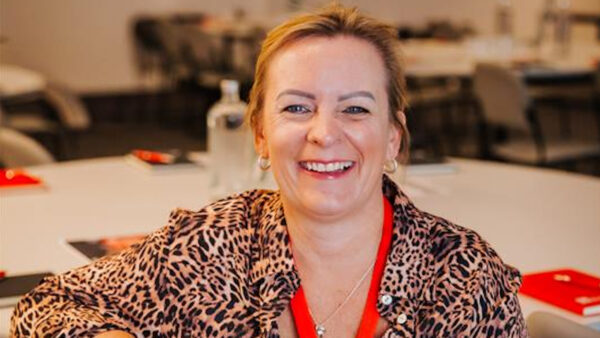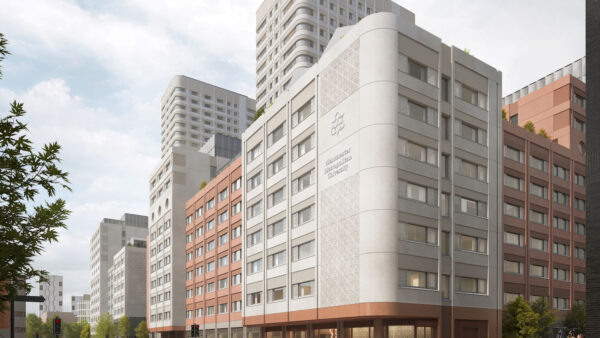Construction companies are being urged to follow a simple process to check for substandard PPE, amid growing evidence that equipment that isn’t fit for purpose is reaching the UK market.
The British Safety Industry Federation (BSIF) says substandard products became even more apparent during the covid pandemic, when people with little experience of sourcing PPE started buying products such as masks. This resulted in “opening the floodgates” to a “deluge” of non-compliant and even counterfeit products.
The BSIF said that in June 2021-May 2022 it sourced, assessed and tested 160 products outside BSIF membership. A total of 144 products – 89% – failed because they either did not pass the testing or did not have compliant markings or supporting documentation.
Register for free or sign in to continue reading
This is not a paywall. Registration allows us to enhance your experience across Construction Management and ensure we deliver you quality editorial content.
Registering also means you can manage your own CPDs, comments, newsletter sign-ups and privacy settings.










